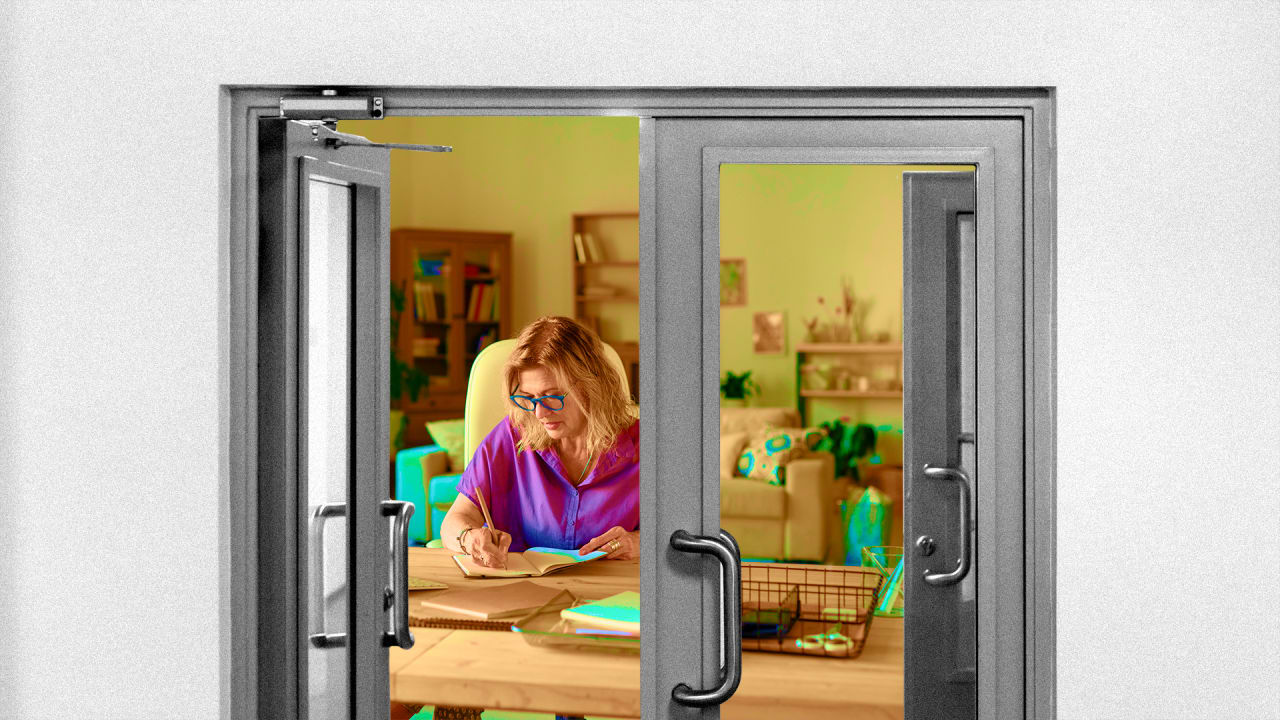Although it is hard to predict what the post-COVID world of work will look like, it’s safe to assume that, at least in the short term, most organizations will increase the flexibility of their working arrangements and become more hybrid or fluid than they were before. In principle, this sounds like a better proposition for employees. When we asked 8,000 workers about their top concerns for this new next, “going back to the way things were” came in third place, preceded only by health and keeping their job. History tells us that many people will see the crisis as a catalyst for change; they will be more likely to opt for work that suits their needs, family priorities, and lifestyle. Yet of course, things are rarely as good or simple as they seem, and the devil is always in the details. In fact, whenever you try to personalize anything—working arrangements are no exception—you introduce more nuances, complexities, and unforeseen problems. Change is always taxing and more demanding than business as usual, and as such is always met with resistance. That’s why there’s never been a more important time for managers to act with emotional intelligence (EQ) if they want to make hybrid work…work. Remote and hybrid work come with diverse circumstances In the past year, we have all been invited into each other’s homes. We’ve met pets, children, partners; we’ve been serenaded by piano lessons and choir practice; we’ve learned about newfound bread-making skills and sourdough starters. Hours shifted to teach kids from home, take kids to various stages of part-time school reopenings, and do more work, often with fewer hours, than ever before. However, in the midst of the chaos, many people discovered (or in some cases rediscovered) different facets of their lives. Parents have enjoyed the opportunity to eat lunch every day with their kids or take a walk around the block with the family dog each evening. As we head back to work now, more than work will be hybrid: our lives will be, dissipating the historical divide between our professional and our personal selves. We are caught between the normalcy we knew prior to the crisis and the normalcy we’ve built in the past 14 months. We will continue to operate between these two worlds until we set new patterns for what’s next. During this transition, empathy will be paramount. Demonstrating the ability to put yourself in someone else’s situation and understand their views, and then using that knowledge to guide your own reaction, will support successful change. We need to understand that normal will be redefined as we all determine how to keep the best of what we’ve embraced in the past year and balance a return to a world that didn’t previously integrate work and home. E mpathy will be required to continually bridge the two. We must actively demonstrate a willingness to understand how other people are redefining their professional space, and how far into their personal lives we are invited. Uncertainty and stress will continue Transition is stressful. Life as we knew it literally stopped more than a year ago and is slowly restarting now. Our tendency will be to move in full force at a speed that attempts to catch up on what is perceived as lost time. However, leaders need to set the pace. A pace that is purposeful and sustainable. An environment that acknowledges the pendulum swung dramatically from Go to Stop and cannot instantly swing back to Go again. We are emerging as a different workforce as we reopen

Read the rest here:
4 reasons you need more EQ in a hybrid workplace (and how to get it)